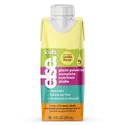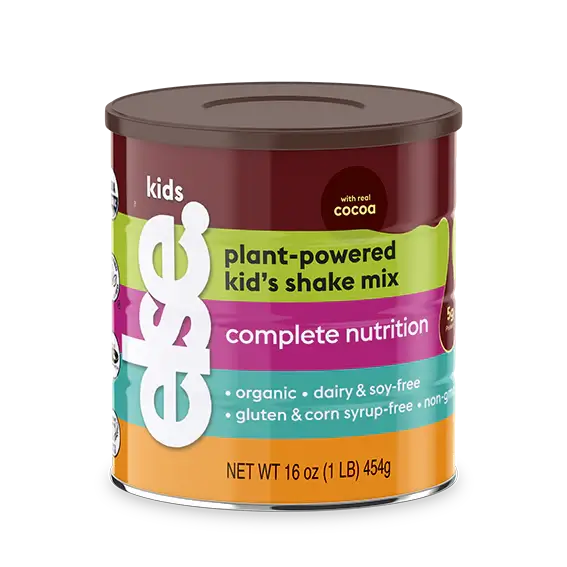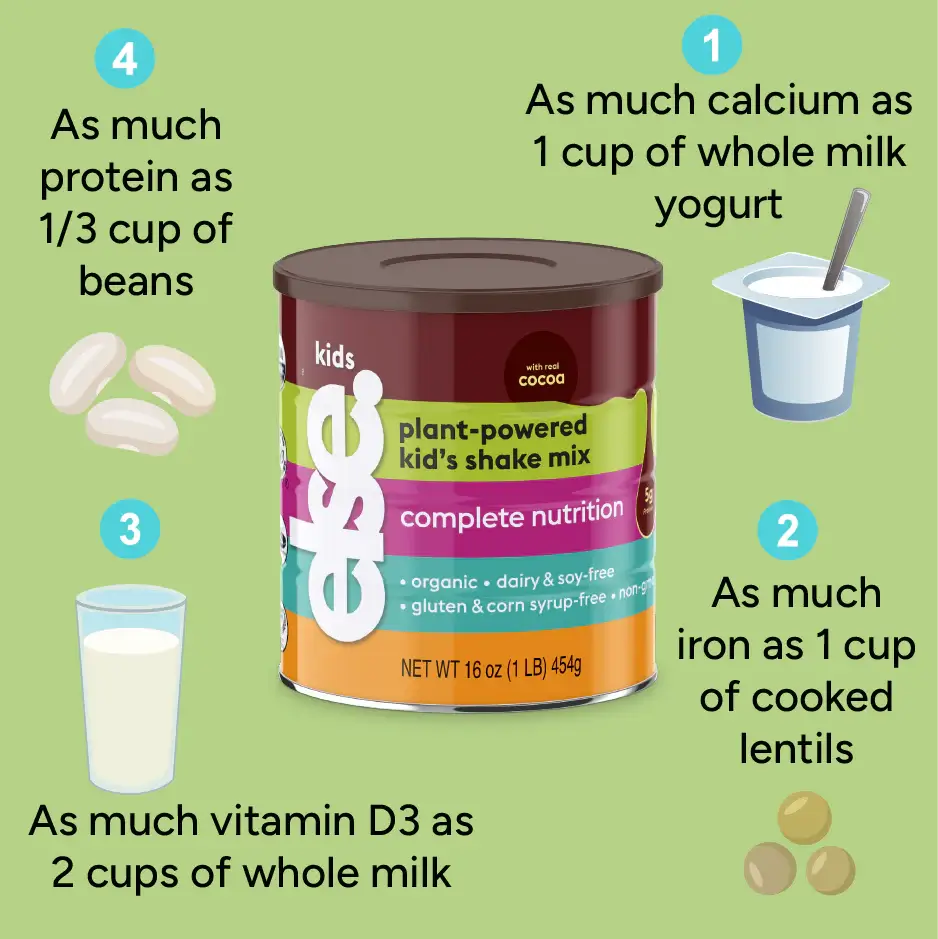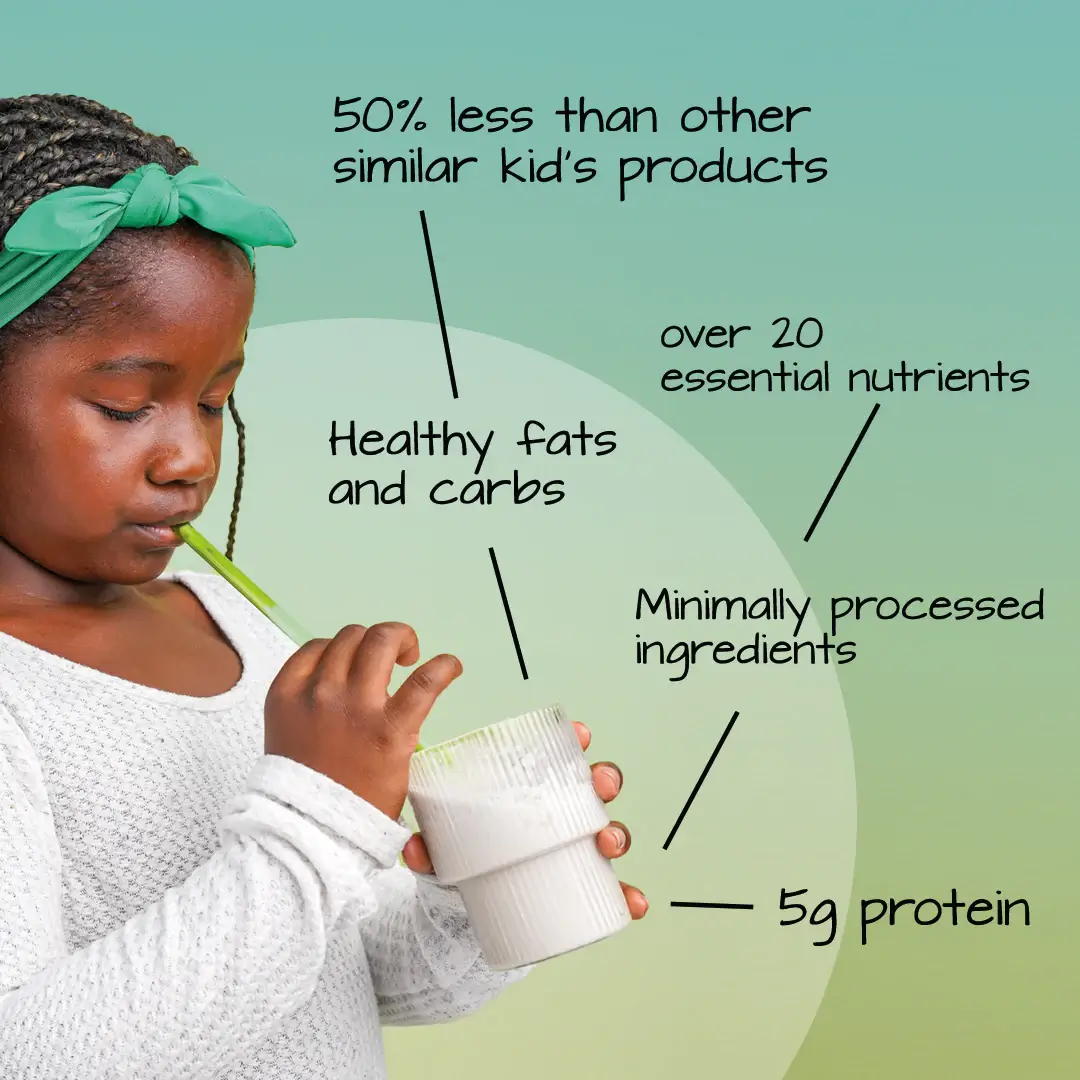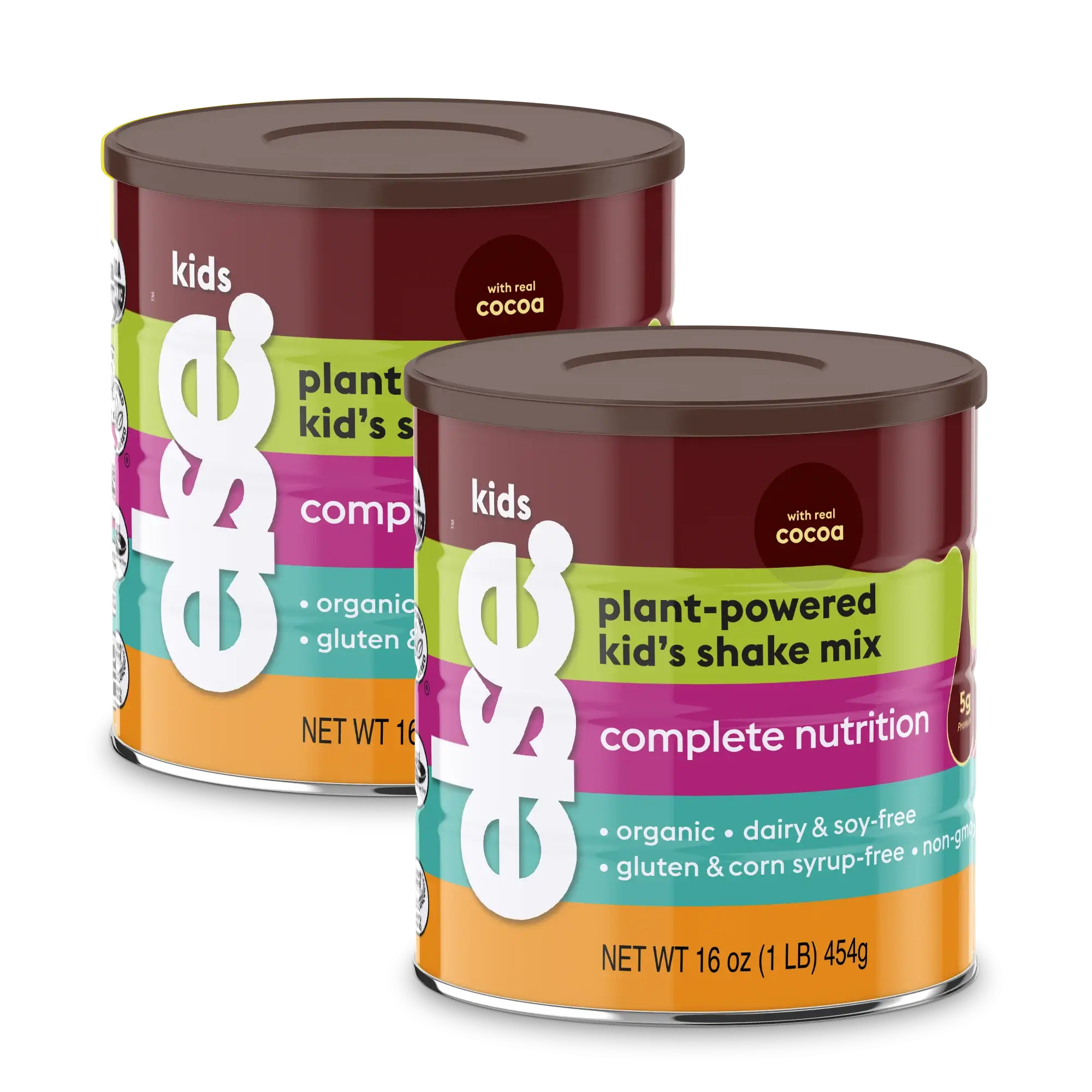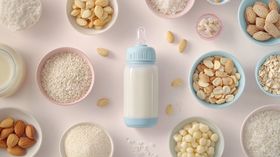Best Protein Shake for Kids To Gain Weight: Nutrition for Growing Bodies
Looking to give your kid a protein shake so they gain weight?
Updated July 3, 2024
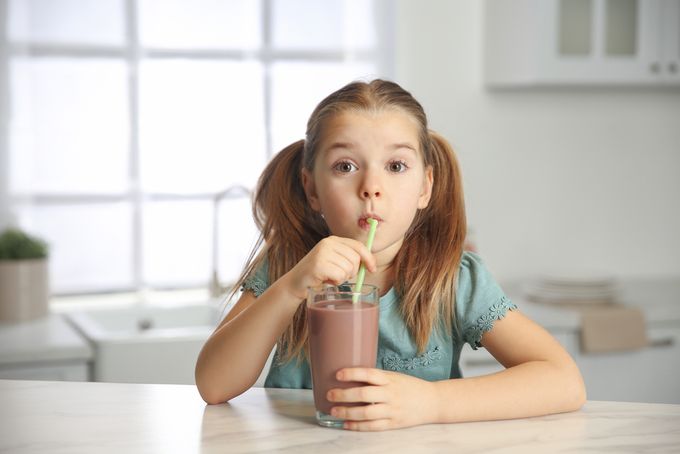
Every parent knows the struggle with picky eating. You spend time perfecting your mac and cheese recipe, only to be met with a wrinkled nose and a defiant "I don't like it." It's enough to make you want to trade your apron for a superhero cape.
But what if there was a secret weapon so delicious it could turn even the most stubborn taste buds into raving fans? Intrigued?
» Check out the best ready-to-drink protein shakes for kids
Best Protein Shake To Supplement Your Kid's Meal
Protein shakes can tackle various challenges when maintaining your kid's nutritional balance. They are especially beneficial for kids who play sports and have food intolerances.
It’s not all about the protein. They also have other micronutrients. For example, zinc and vitamin C are crucial for growth and support the immune system. The latter is specifically helpful for boosting:
Skin health for defense against infections by promoting collagen synthesis.
The immune system’s response to infections by supporting phagocytic cell activities and clearance.
The proliferation and function of crucial adaptive immune system cells—B- and T-lymphocytes—in children.
The immune response modulates cytokine balance, which is essential for inflammation and hematopoiesis.
» Check out our list of high-iron foods for kids
We're not saying you should replace their meal with a drink, but it can be a helpful supplement that's a part of a well-balanced diet. That's why we've created the new Ready-To-Drink Protein Shakes, which need no preparation, so you can pack them in your kid's lunchbox for a quick midday boost.
Plus, these Mom's Choice award-winning drinks are designed for kids aged 2 years and above and provide 25 essential vitamins and minerals while excluding corn syrup, gluten, dairy, and soy.
How to Include Protein in Your Kid's Lunch
Muffins and Oatmeal
An excellent way to include protein powder in your kid's meal is to prepare muffins that contain protein powder instead of flour for a boost. You can also prepare apple cinnamon oatmeal with it for a balanced mix of whole grains and proteins.
Taking this idea a step further, you can enrich homemade toaster waffles with a protein powder mix. Prepare them in advance and freeze them for a quick and nutritious breakfast. Additionally, you can make cinnamon swirl pancakes with whole wheat flour, Greek yogurt, and a chocolate protein shake mix.
» Check out quick breakfast ideas for hectic mornings
Smoothies
Entice your kids by incorporating shakes into smoothie recipes with flavors they enjoy. Try playful combinations like chocolate peanut butter blends. For those with a sweet tooth, enhance flavors using natural sweeteners like stevia drops, honey, or agave.
» Check out the best smoothies for picky eaters
Texture is crucial in how children perceive food. Improve consistency by using homemade almond butter, which adds nuttiness and creaminess without a powdery feel. A recipe you can try is the "Chocolate Craze." You can make it with peanut butter and a low-sugar protein powder mix.
But you'll also want to add healthy carbs, fats, and other nutrients so your kid can gain weight. If they have a sensitive stomach, you should also choose a product that's low in sugar and free from common allergens and contaminants, and Else's Protein Shake Mix fits all the criteria.
» Want more recipes? Try sweet potato blender pancakes
Building Healthy Weight Gain for Kids
Protein shakes can be a valuable addition to a kid's diet. They support weight gain and even boost immune health. They can be particularly beneficial for children who are active in sports, have food intolerances, or are picky eaters.
» Explore the best foods for kids to gain weight
The best product to choose is the one with simple, organic ingredients and moderate protein content. Brands that prioritize quality sourcing and avoid excessive additives are also your best bet.
Ultimately, the most effective approach combines these drinks or powders with a well-rounded meal plan. By focusing on it, you can help your little one develop a positive relationship with food so that they stay healthy well into adulthood.
» Still not sure? Try a sample of a well-rounded kid's protein shake
Resources:
- A. Carr and S. Maggini, “Vitamin C and immune function,” Nutrients, vol. 9, no. 11, p. 1211, Nov. 2017, doi: 10.3390/nu9111211. Available: https://pubmed.ncbi.nlm.nih.gov/29099763
- I. Wessels, H. J. Fischer, and L. Rink, “Dietary and physiological effects of zinc on the immune system,” Annual Review of Nutrition, vol. 41, no. 1, pp. 133–175, Oct. 2021, doi: 10.1146/annurev-nutr-122019-120635. Available: https://pubmed.ncbi.nlm.nih.gov/34255547/
FAQs
How can I make protein shakes more appealing to my child?
To make protein shakes more appealing to your child, try creating fun smoothie combinations, adjusting sweetness to their preference, and improving the texture of the shakes. This will make the them more enjoyable to drink.
What are good dairy alternatives for protein shakes?
You can try almond, hemp, rice, or oat milk as dairy alternatives. Additionally, consider pea protein or chia seeds for plant-based protein options.
How can I incorporate protein shakes into my child's meals?
You can easily incorporate protein shakes into your child's meals by adding protein shake mix to oatmeal, muffins, waffles, pancakes, or even cake balls. It's a convenient way to increase their protein intake while enjoying their favorite foods.
The content and advice provided in this article are for informational purposes only and are not a substitute for medical diagnosis, treatment, or advice for specific medical conditions. Always consult a pediatrician to understand the individual needs of your child. The article expresses the views of the brand editor.




